Seek Knowledge, Not Just a Rating:
Becoming a True Diver
Article by Mike Cleary
In diving, it’s easy to get caught up in the idea of collecting certifications—the next specialty card, the next rating, the next level. These cards can be useful, but they don’t tell the whole story. A certification is proof that you’ve met a minimum standard on a given day. It doesn’t guarantee lasting skill, judgment, or experience.
What makes a diver truly capable is not the number of cards in a wallet, but the depth of their understanding and the wisdom gained through learning. Knowledge is the foundation that allows you to adapt, solve problems, and dive safely when things don’t go exactly as planned.
The Value of Knowledge Over Ratings
- Preparedness: Diving environments are unpredictable. Equipment can fail, conditions can change, and plans may need adjustment. A diver who understands why things are done—not just how—is far more prepared to handle challenges.
- Confidence and Control: When you know the reasoning behind procedures, your actions become second nature. Instead of blindly following a checklist, you apply judgment and make informed decisions underwater.
- Growth Beyond the Basics: Knowledge deepens skills. For example, understanding gas physiology doesn’t just prepare you for a Nitrox class—it changes how you think about every dive, from safety stops to decompression planning.
The “Card Collector” Trap
Some divers chase ratings for the sake of prestige. They earn one card after another, often without truly absorbing the lessons behind them. The risk is that their diving stays superficial, they may have a wallet full of plastic but lack the depth of experience to handle unexpected situations.
Asking the Right Questions
A key part of gaining knowledge is asking your instructor questions. The right questions help you understand why a skill is done a certain way and how it applies in real diving. However, it’s important to recognize the balance:
- Ask questions that deepen your understanding of the training at hand.
- Avoid pressing into areas well beyond your current level. Advanced concepts without the proper foundation can confuse, overwhelm, or even mislead you.
There is a difference between being curious to learn and trying to jump ahead before you’re ready. Proper questions, at the right time, make you a stronger diver.
Becoming a Better Diver
A better diver is built through curiosity, humility, and continuous learning:
- Ask why, not just what.
- Take time to master skills before moving on to the next course.
- Dive often and reflect on your experiences.
- Seek mentorship and learn from those with real-world experience.
As I always say: “People can steal your money or things, but never your knowledge.” That’s why seeking true understanding—not just a rating—should always be the diver’s goal. Cards expire, but knowledge, once gained and applied, becomes part of who you are as a diver.





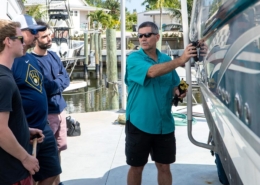
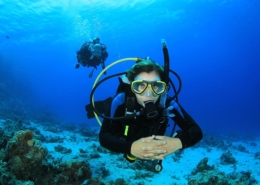
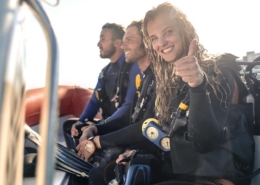
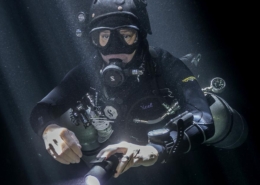
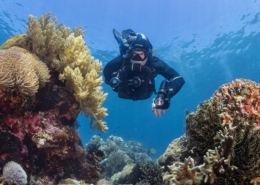
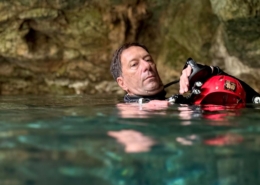
Leave a Reply
Want to join the discussion?Feel free to contribute!